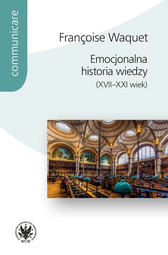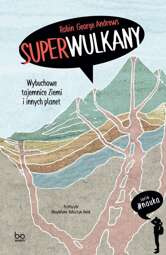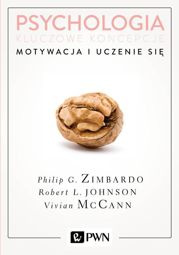Information about a product
Description
Fragments
Additions
Additions
Bibliography
Recommended products
Description
| Edition: | 1 |
| Place and year of publication: | Warszawa 2024 |
| Publication language: | polski |
| Title of original: | Une histoire émotionnelle du savoir: XVIIe–XXIe siècle |
| Translator: | Sobolewska Agnieszka (ORCID 0000-0002-2119-7215) |
| ISBN/ISSN: | 978-83-235-6318-1 |
| EAN: | 9788323563181 |
| Number of page: | 398 |
| Method of publication: | PDF |
| Size of the file: | 7,69 MB |
| Publication type: | Praca naukowa |
| DOI: | https://doi.org/10.31338/uw.9788323563181 |
The Emotional History of Knowledge (17th–21st century)
The first Polish translation of the book written by one of the most important researchers in the world, studying the history of science and the history of knowledge. Françoise Waquet writes about the importance of emotions in creating science and about the science in the media, materialistic, physical and spatial context. The author observes the dilemmas, hopes and fears of scientists present in their everyday research work over the centuries, and proves that it is impossible to understand the history of science and research practices without considering the figure of a scientist, perceived not so much as a fully rational subject, but as constantly tormented by conflicting emotions and desires.
 The book was co-financed by the publishing support programmes
The book was co-financed by the publishing support programmes
of the Institut français.
Keywords: history of science, history of knowledge, scientists, researchers, emotions.
See other publications in the series: Communicare – historia i kultura »
The first Polish translation of the book written by one of the most important researchers in the world, studying the history of science and the history of knowledge. Françoise Waquet writes about the importance of emotions in creating science and about the science in the media, materialistic, physical and spatial context. The author observes the dilemmas, hopes and fears of scientists present in their everyday research work over the centuries, and proves that it is impossible to understand the history of science and research practices without considering the figure of a scientist, perceived not so much as a fully rational subject, but as constantly tormented by conflicting emotions and desires.
 The book was co-financed by the publishing support programmes
The book was co-financed by the publishing support programmesof the Institut français.
Keywords: history of science, history of knowledge, scientists, researchers, emotions.
See other publications in the series: Communicare – historia i kultura »
Reviews
About author
Bibliography
Fragments
Additions
Additions
Recommended products
Polecane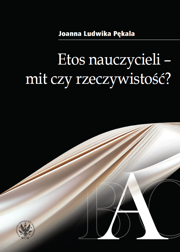
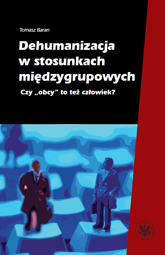
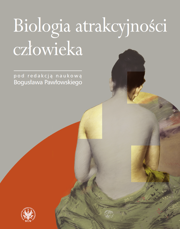

Etos nauczycieli - mit czy rzeczywistość? - PDF35,00 zł
14,00 zł
Details
- The author reviews the different approaches of teachers’ ethos – the category describing the fields of teachers’ work - the most important and the most difficult to reach. The author puts them in order and presents her own definition of this problem.

Dehumanizacja w stosunkach międzygrupowych. Czy "obcy" to też człowiek? - PDF19,95 zł
14,00 zł
Details
- Monografia dotycząca psychologii stosunków międzygrupowych, której autor próbuje odpowiedzieć na pytanie, w jaki sposób skłonność do dehumanizowania "obcych" jest modyfikowana przez fakt, że grupa własna kooperuje bądź też rywalizuje z grupą obcą. W serii

Biologia atrakcyjności człowieka - PDF46,00 zł
14,00 zł
Details
- Podręcznik akademicki dla studentów biologii, antropologii fizycznej i kulturowej, etnologii, socjologii, psychologii, pedagogiki, medycyny (zwłaszcza estetycznej), filozofii (zwłaszcza specjalizacji estetyka) oraz gender studies, zainteresowanych


